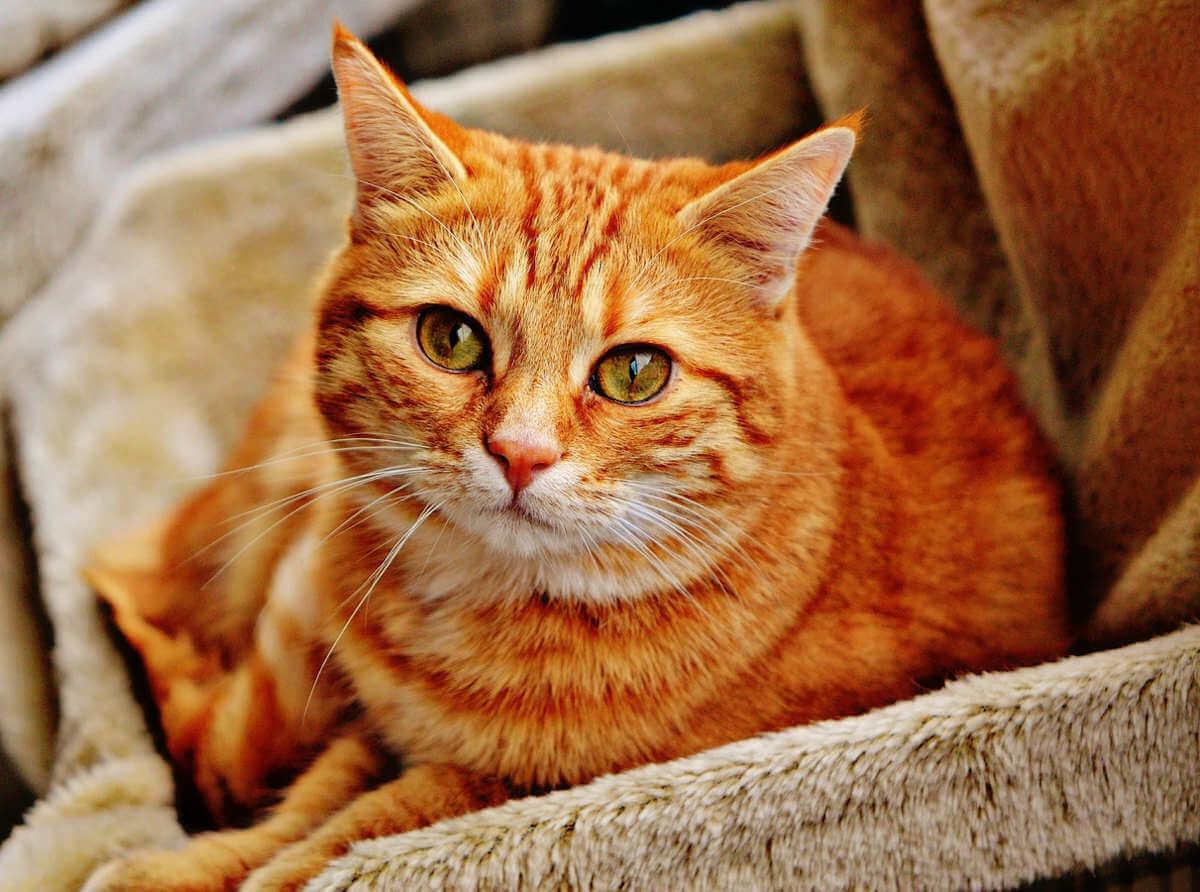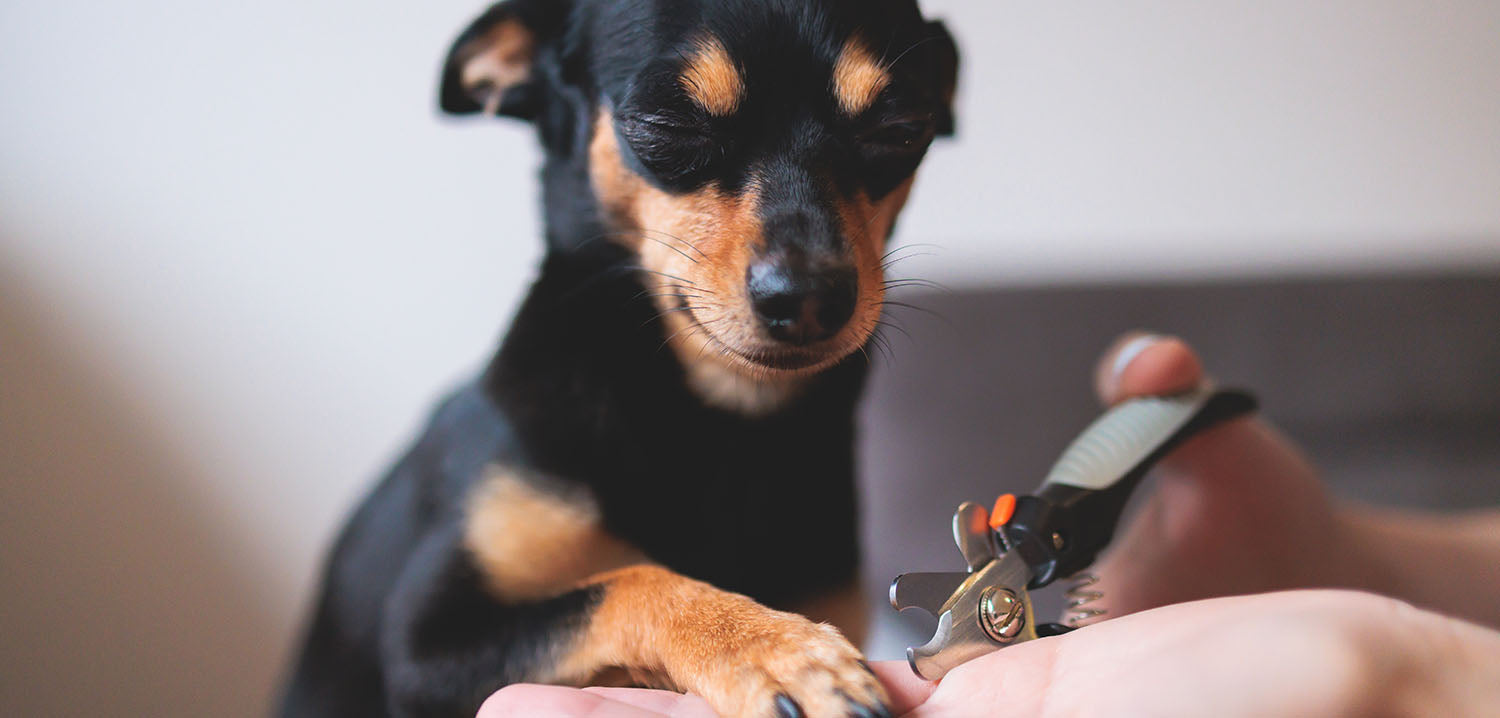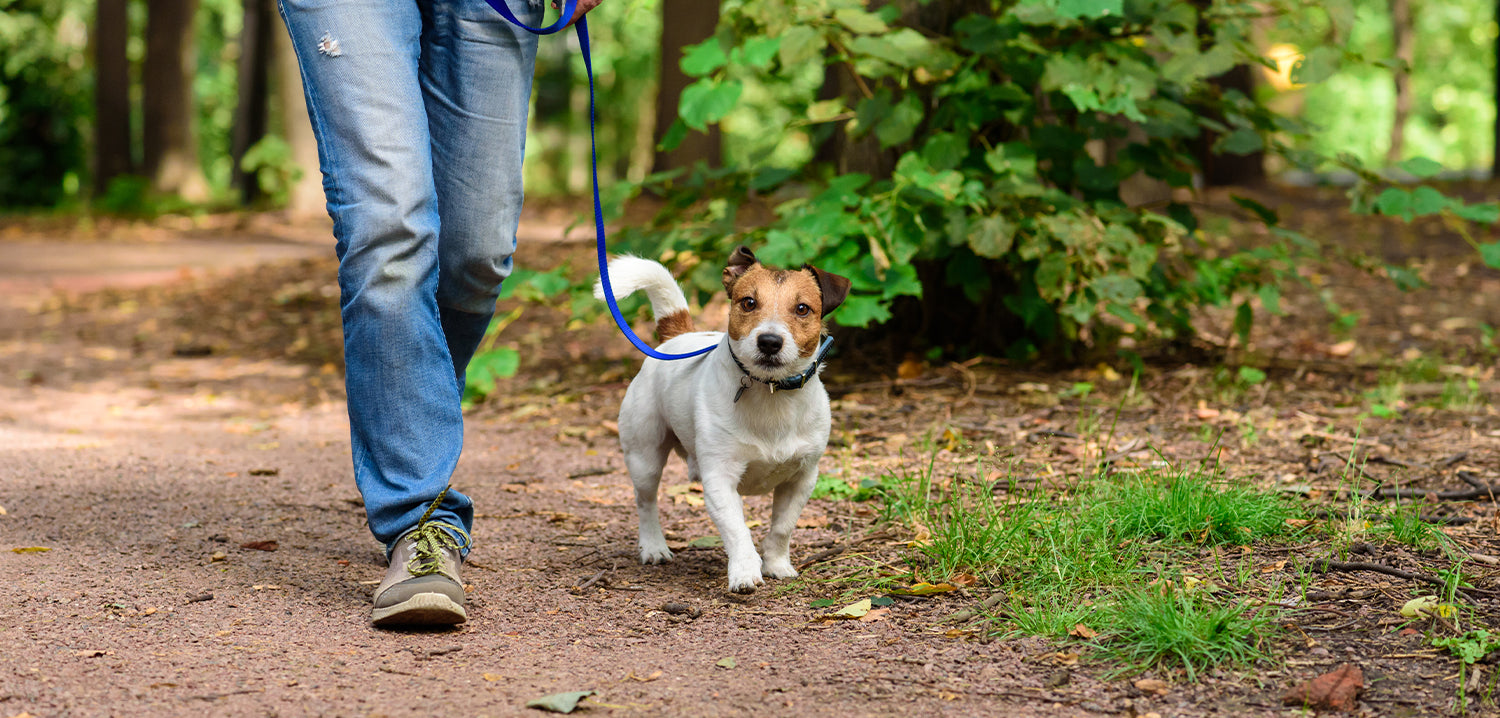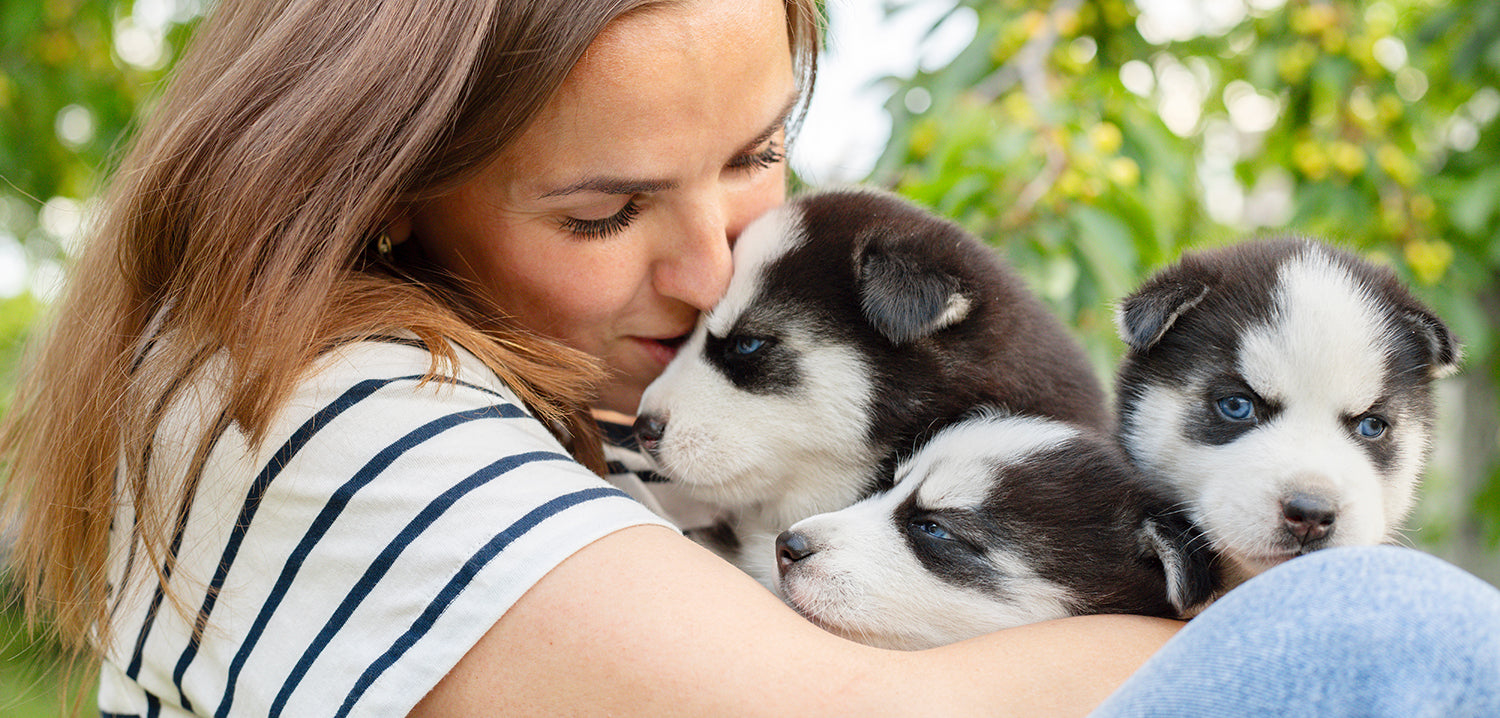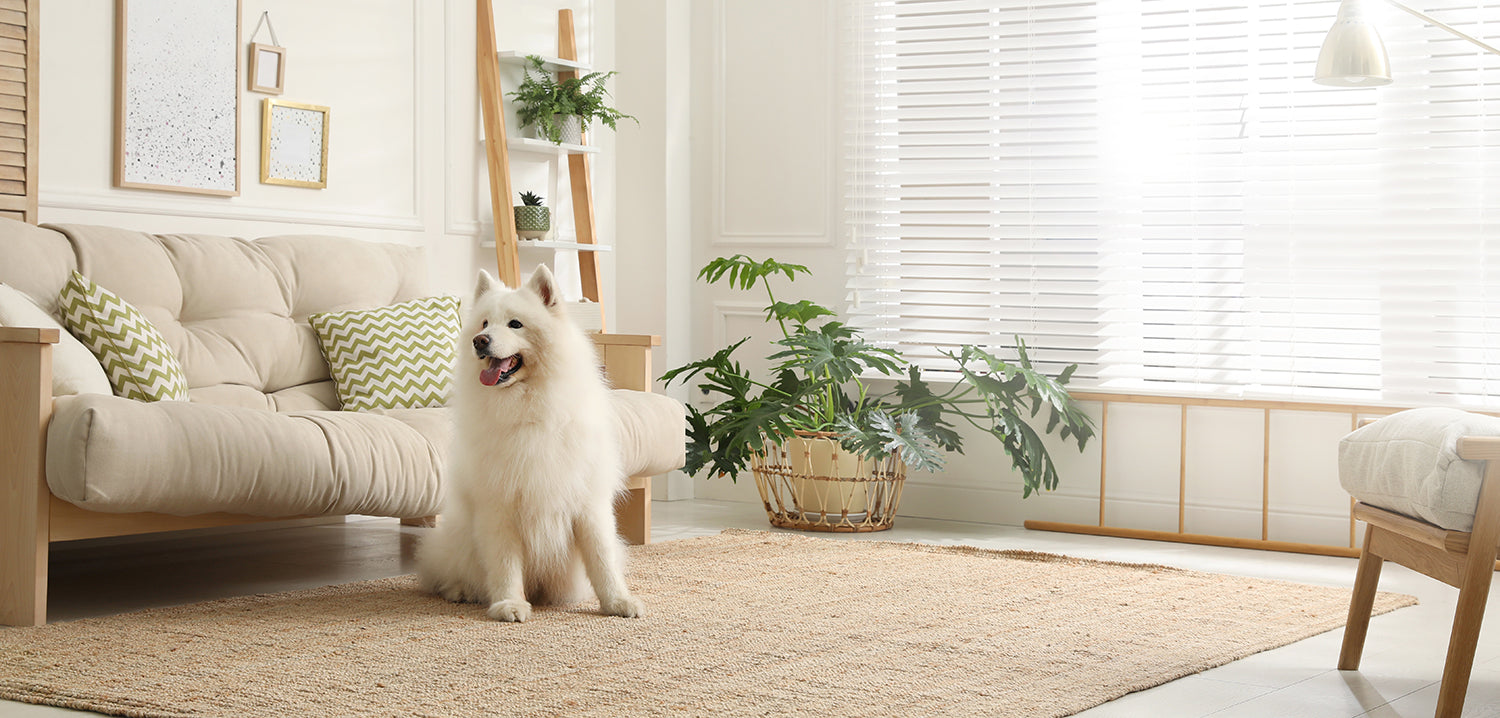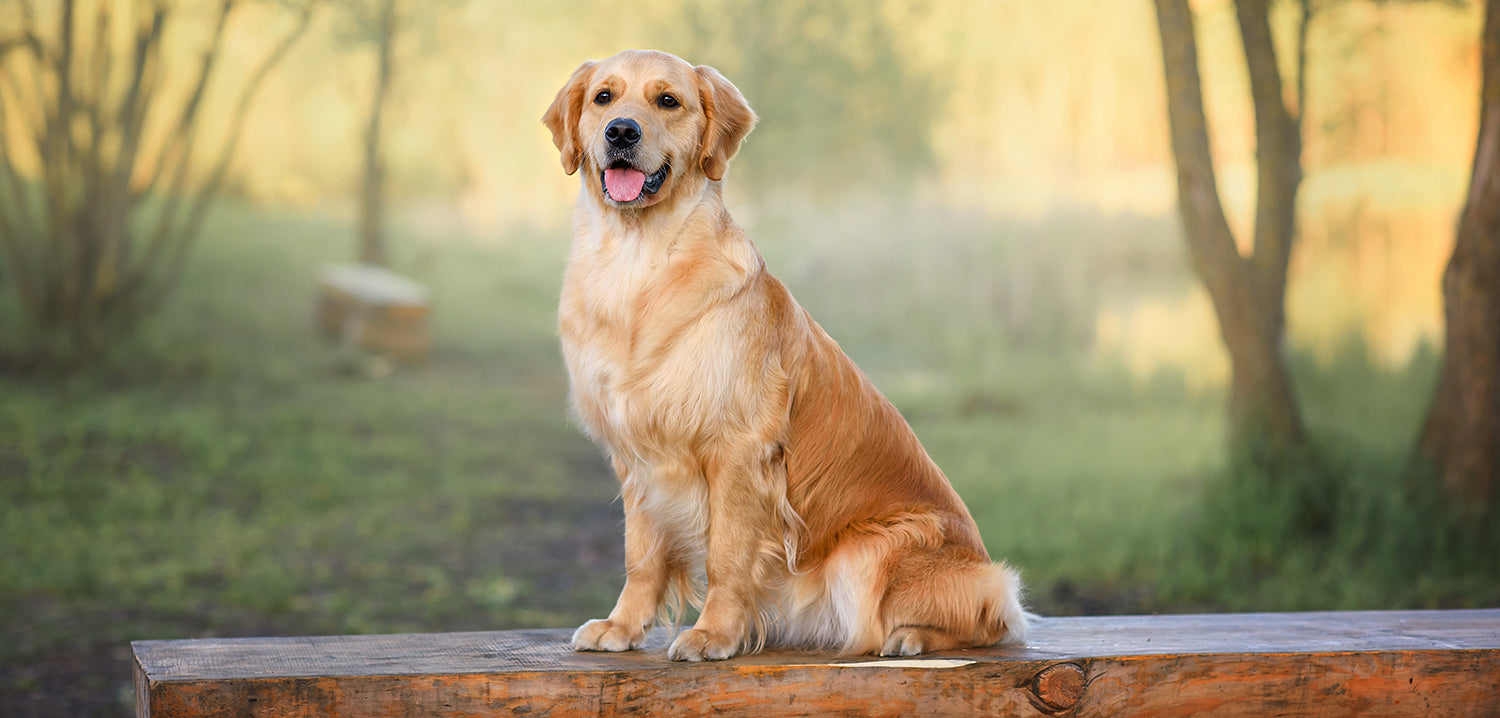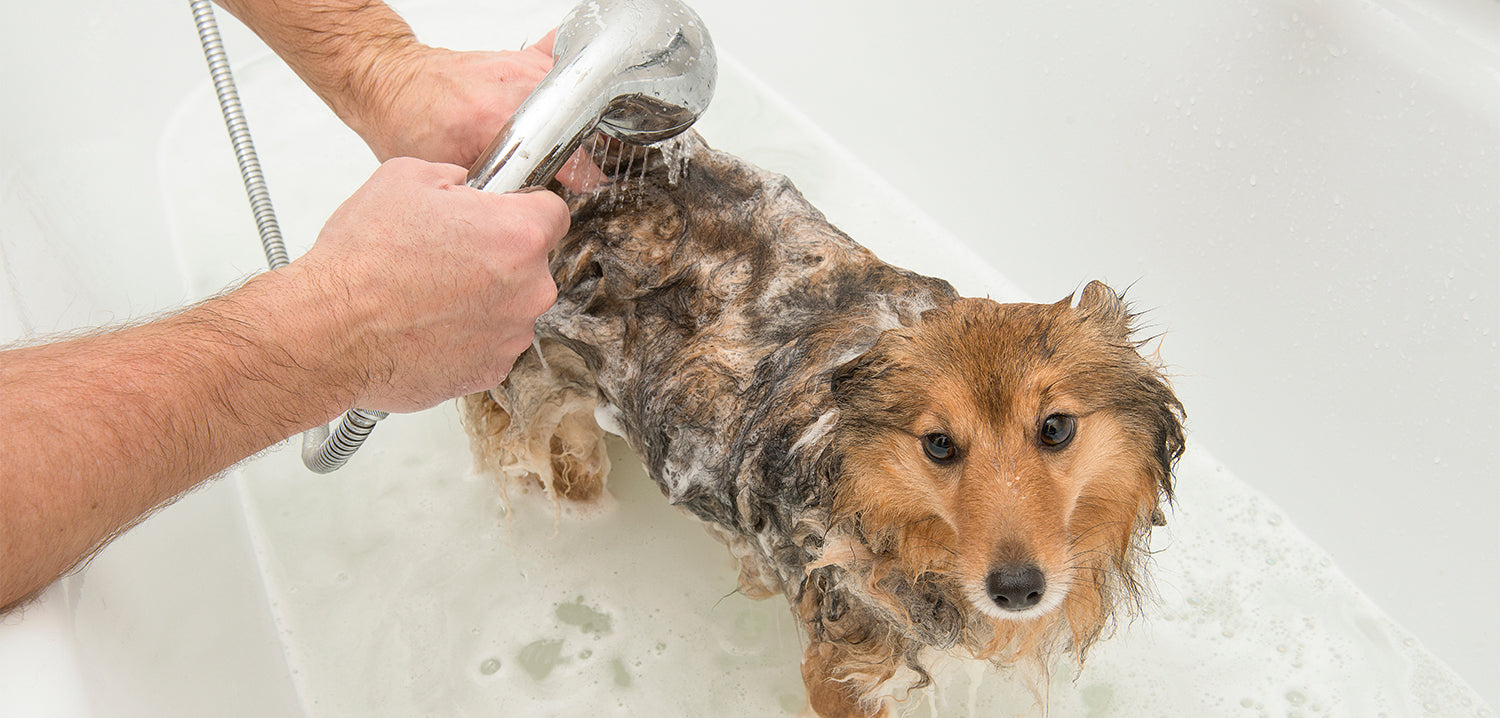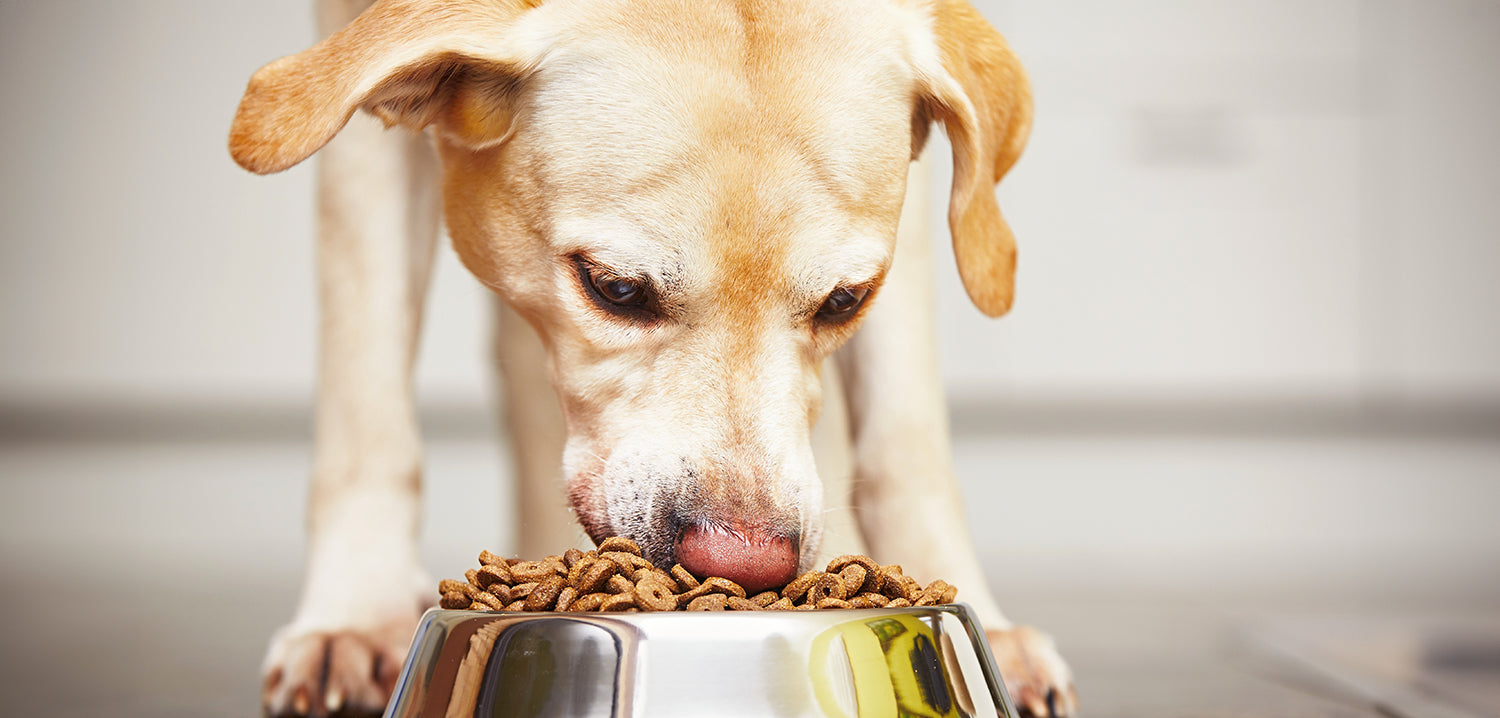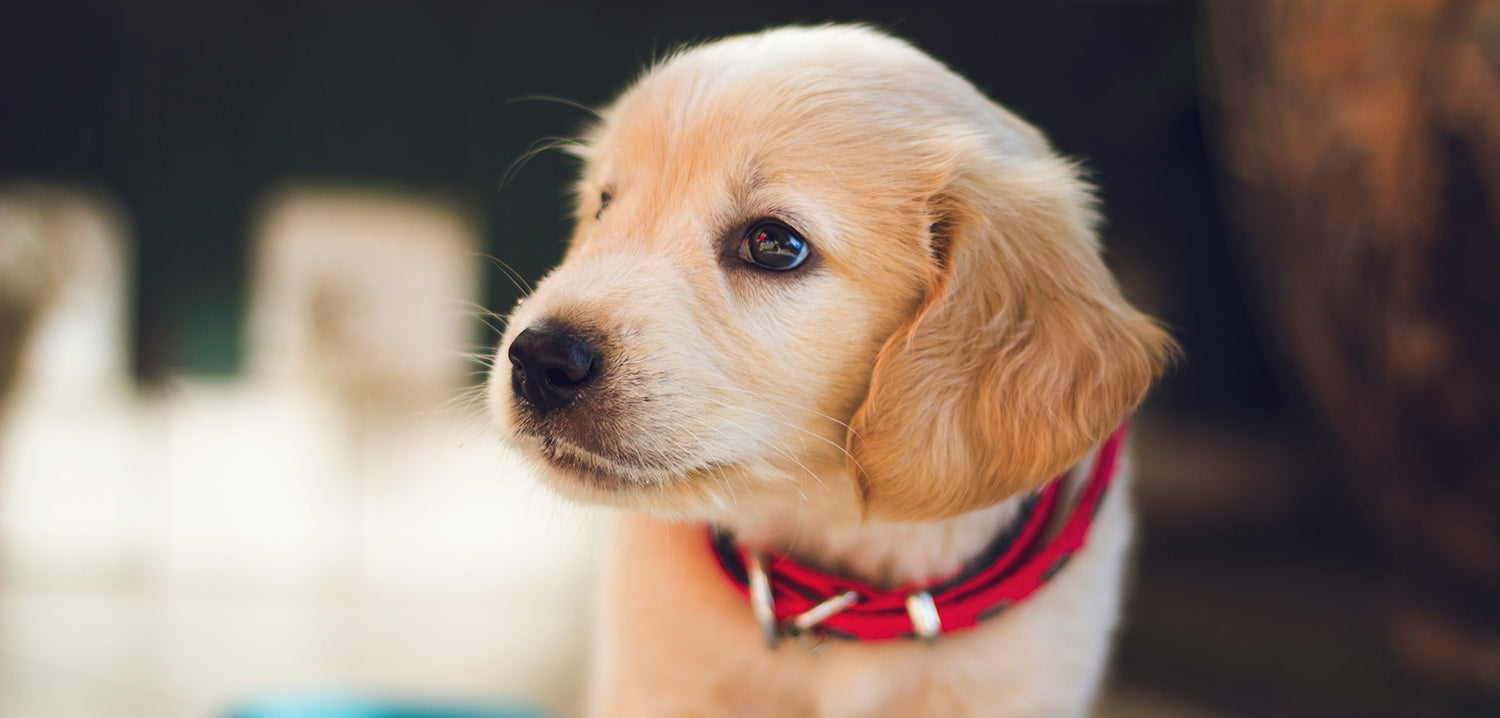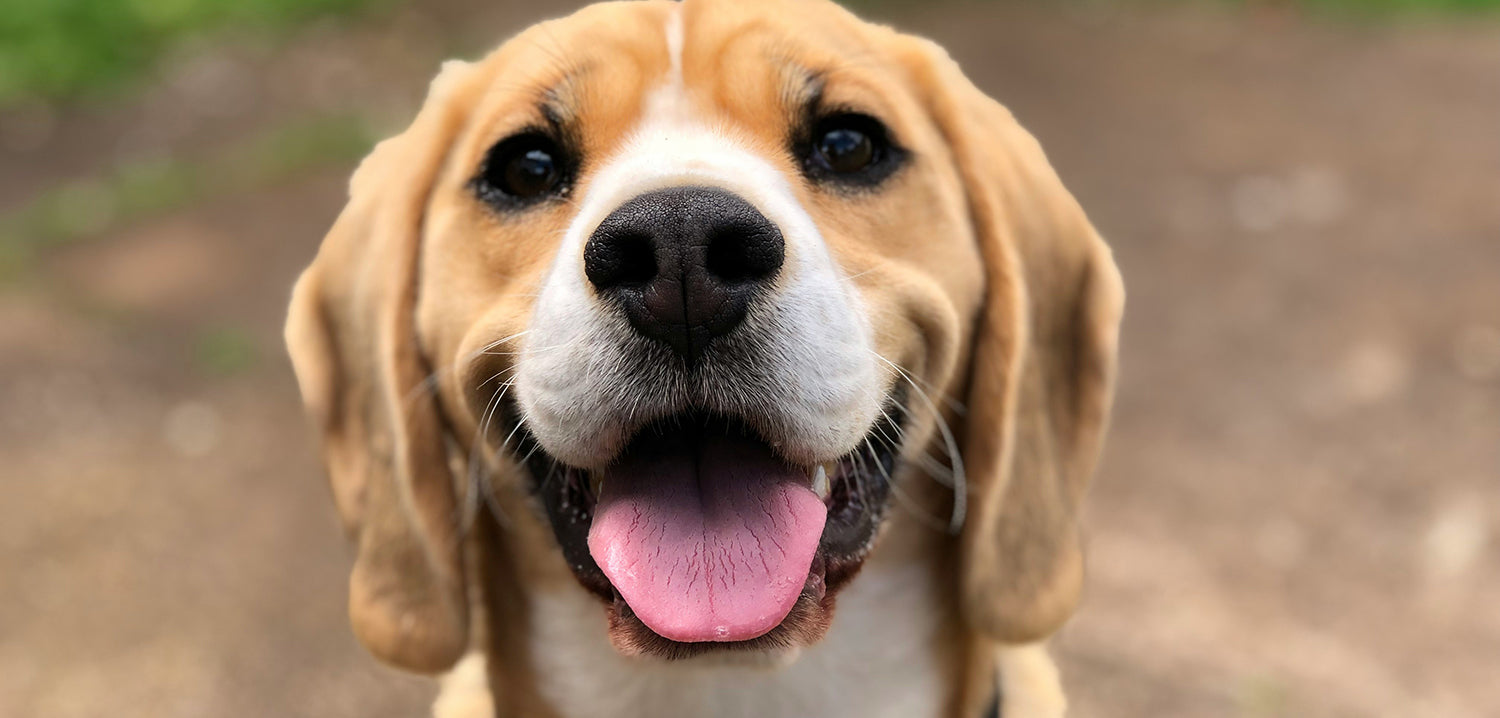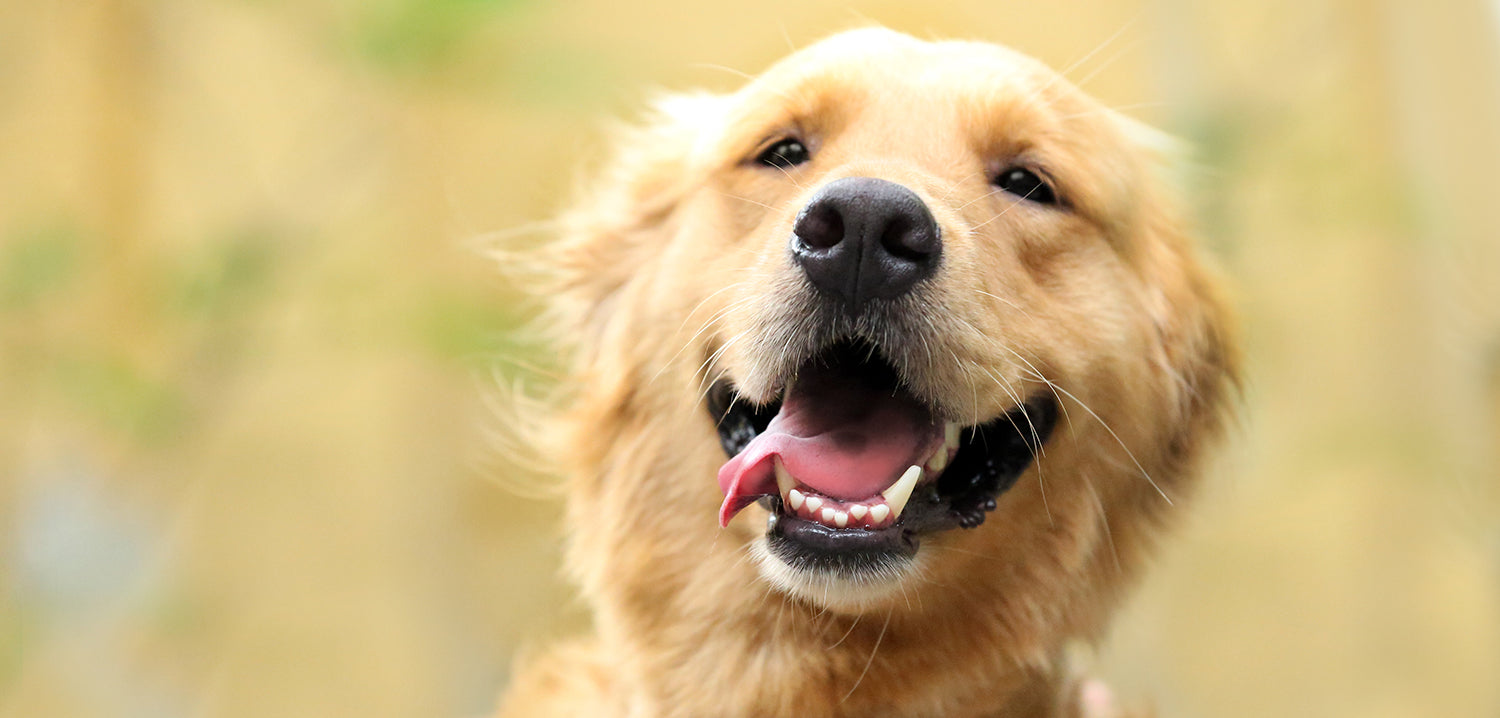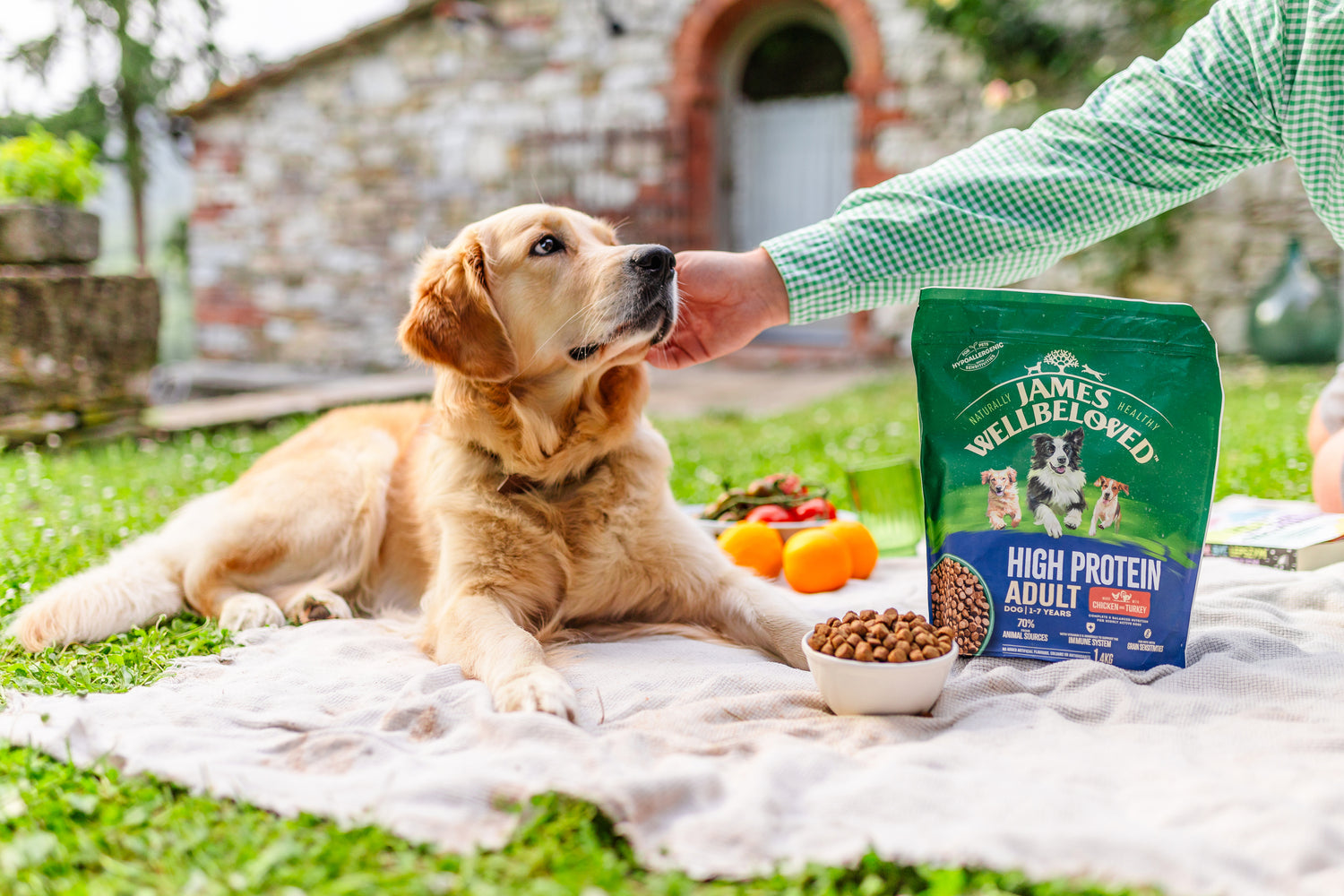Like humans, cats’ bodies are 70% water. Consequently, they need to intake a large amount of water every day to stay healthy. Cats in the wild get most of their water from the meat they consume, but many owners prefer to feed their cats dry food. However, this means they must supplement their water from somewhere else to avoid dehydration, so it is essential they have access to fresh water throughout the day. Wildcats do not drink a lot and, when they do, it is only water, so you can be confident that water is the only liquid-dietary requirement of your pet. Of course, there are a number of myths concerning what cats do and don’t like and what is and is not good for them.
Can cats drink milk?
The short answer is no, they cannot drink milk. Or rather, they should not. Contrary to popular belief, cats are actually intolerant to lactose and, so, milk is bad for their digestive system and can cause diarrhoea and stomach pains. The myth that milk is good for cats likely stems for them needing to consume it at as kittens (as do all mammals). However, kittens aged 0-4 weeks should be consuming their mother’s milk as it contains the perfect balance of nutrients and natural immunities. At this young age, lactose is a valuable source of energy and kittens are able to digest it, just as they can digest some foods which adult cats cannot. Those kittens without access to their mother’s milk should consume specially formulated kitten milk. Between 5 and 10 weeks, kittens are still able to digest milk, but their digestive system is rapidly maturing. They should have access to fresh water at all times. From 10 weeks, your cat’s digestive system has fully matured and they will no longer be able to digest milk effectively. From this point, they only need water to avoid dehydration. While many cats are indifferent to milk, some do like it and some owners insist on giving their cats milk as a treat. While we strongly advise against this, in such cases, you should remember the following:
- All milk consumed by humans, including cow’s, almond, sweetened and pasteurized milk, is bad for cats. Even if you think your cat can handle it, too much will cause digestive problems;
- Instead, buy specially formulated milk for cats from a pet store to ensure your cat will be able to properly digest the milk;
- Milk should never supplement water. Your cats must always have access to fresh water.
"The only drink your cat needs as part of their diet is water. Anything else they may like is just that: something they like but not something they need."

However, there are some drinks which cats should avoid at all costs, as even a small amount can cause adverse health issues:
- Alcohol affects cats’ livers the same way it affects human livers, but can do more damage in far fewer quantities;
- Caffeine also stimulates cats the same way it does humans, but the increased muscle activity and heart palpitations can be fatal;
- Juice should also be avoided. At best, they are simply bad for your cat’s weight and diet. But at worst, some fruits are toxic.
Finally, while it may sound strange to say, owners should take special care to keep antifreeze away from their cats. Many cats have an attraction to antifreeze and are often tempted to try drinking it. Drinking antifreeze is fatal to cats, so take every effort to ensure it is never left exposed and within reach of your pet.
How much water should a cat drink a day?
Now that it is clear why water is the main liquid dietary requirement of cats, it is important to ensure your cat is drinking sufficient amounts to avoid cat dehydration and to stay energised. Dry food typically contains only about 10% water. Therefore, to ensure your cat has enough, he or she needs to consume extra water, not provided by the diet. As we mentioned, it isn’t natural for cats to drink very much in the wild, so your cat is unlikely to consume the amount of water required in one sitting. Instead, ensure they have access to water in a clean, quiet space to consume when they would like. Change the water regularly so it stays fresh. Cats also prefer to have their water in a different area of the house to the feeding bowl. This is thought to be due to drinking in nature where they do not drink near their food due tothe risk of contamination; this is also the reason some cats prefer to drink from running water and fountain drinkers can be purchased for those cats. If you feed your cat wet food or a mix of wet and dry food, your cat will be getting more of the daily requirement of water from the food so may not actively drink as much. However, it is better to have too much water available than too little. That being said, excessive drinking can be a sign of other health problems, such as kidney disease or diabetes. If you suspect your cat is drinking too much, take them to the vet for a check-up.
